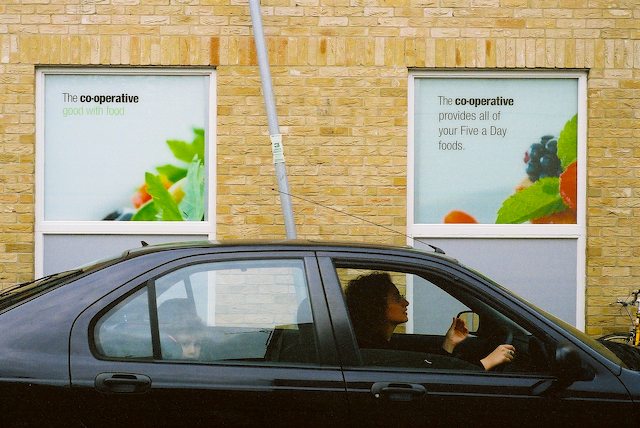Nice column by Stryker McGuire…
Blair’s politics live on most vividly in Brown himself. It’s uncanny the way the new prime minister has both killed Blair and shamelessly assumed his mantle. He’s amassed impressive popular support as the anti-Blair with a serious, nonflashy style that sets him apart from Blair, whose presentational pizzazz came to be deplored as spin by an electorate that turned angry after the invasion of Iraq. And yet, like Blair before him, he’s continued to develop hard-line policies on such issues as immigration and crime. He’s proposed locking up for five years anybody in illegal possession of a gun, for example. Such measures help to tighten Labour’s hold on the political center ground that was so key to the party’s Blair-led landslide in 1997. “It’s very clear that [Brown is] determined to continue being a New Labour politician,” says Blair’s erstwhile ideologist-in-chief, the sociologist Anthony Giddens, former director of the London School of Economics. “You’ve got to grasp the center ground, and his strategy is to squeeze the Tories out toward the edges.”





